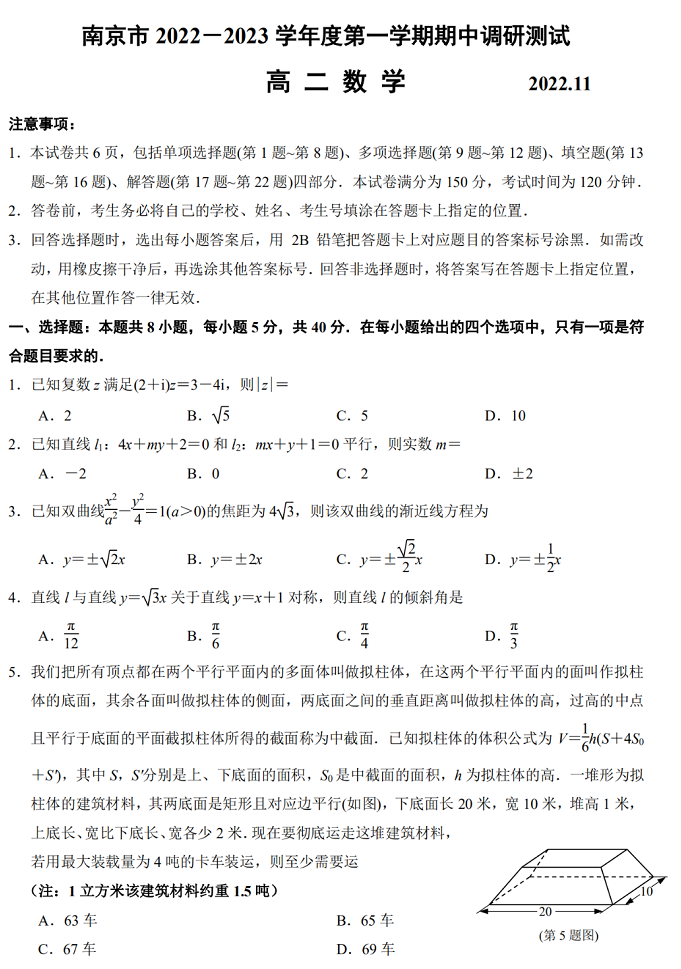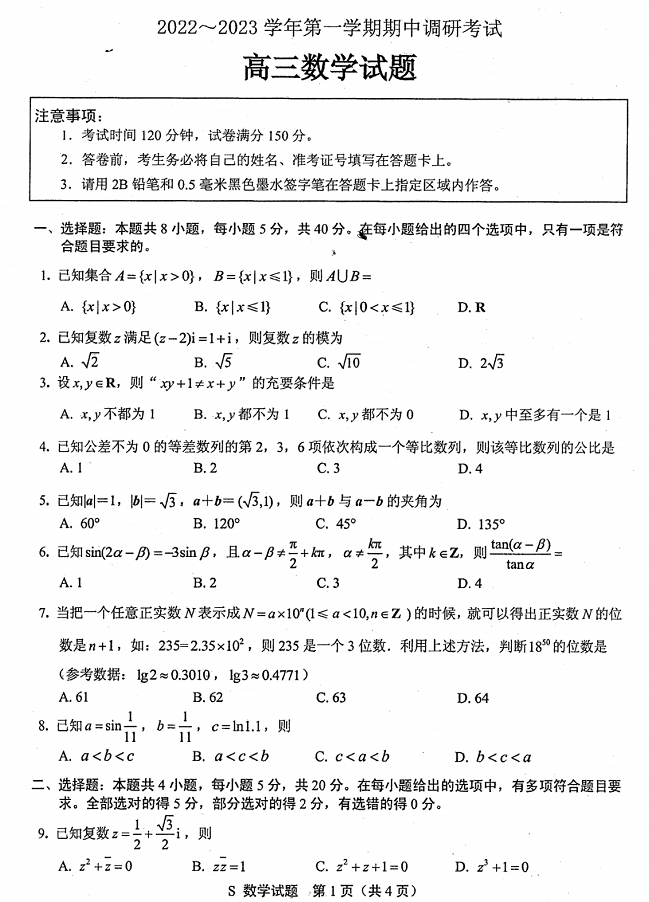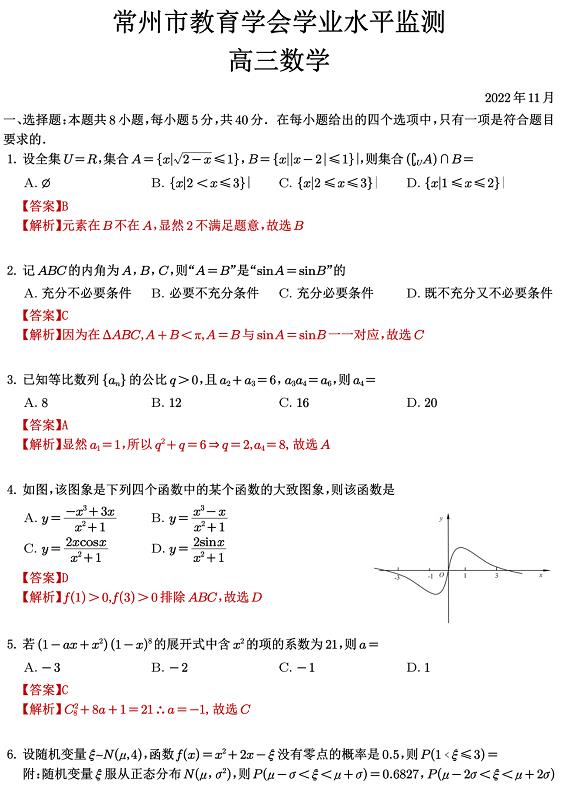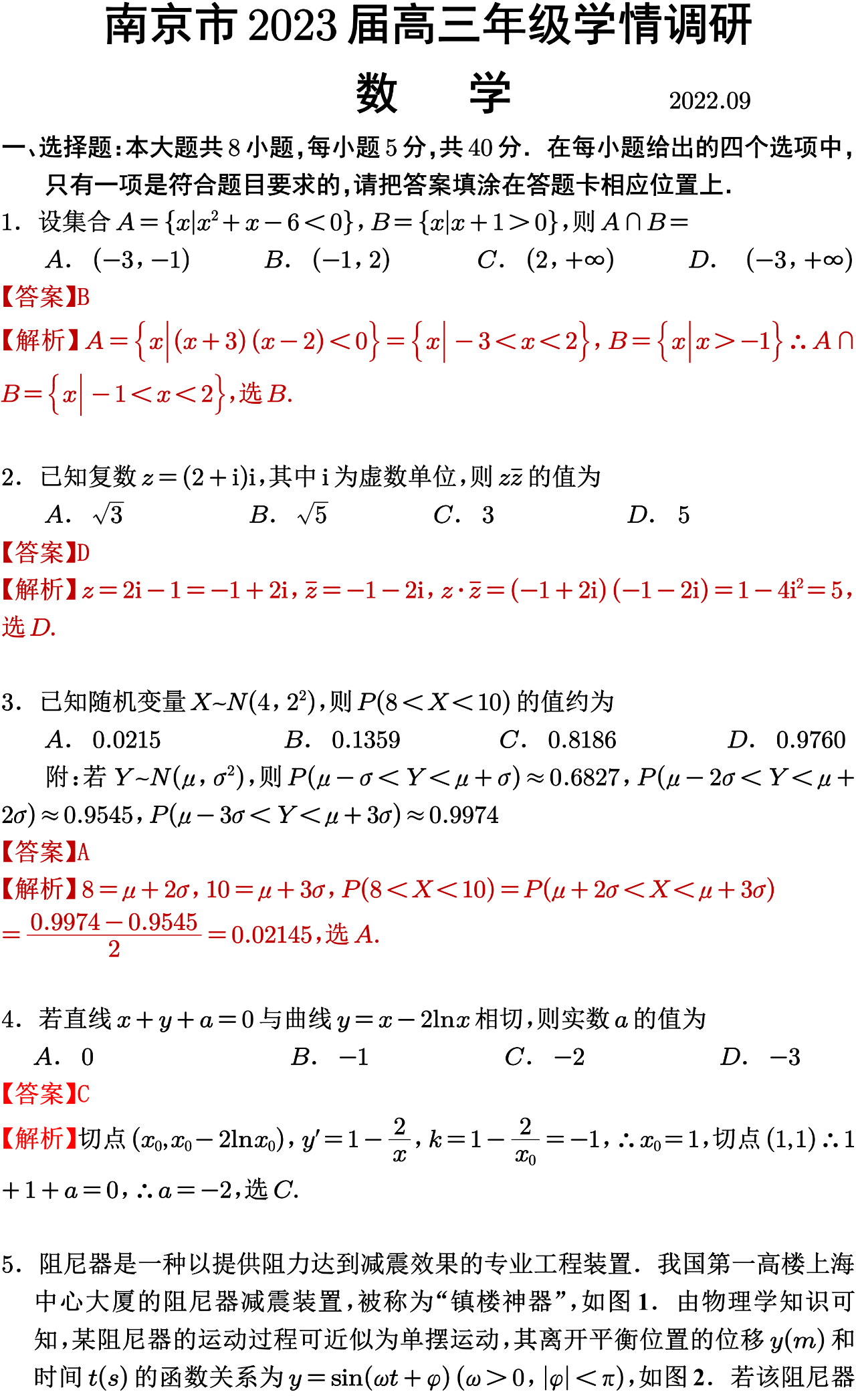一般将来时在初中的语法中也是一个比较重要的知识点,有很情况下考生不会用一般将来时,伊顿教育小编想通过这篇文章为大家将一般将来时的语法知识点讲通。

一般将来时的含义一
一般将来时表示将来某个时间要发生的动作或状态,或将来经常发生的动作或状态。
一般将来时的基本结构
二
1. will/shall+动词原形
will 在陈述句中用于各种人称;shall用于第一人称,常被will 所代替。
否定式:will not=won't;shall not=shan't
一般疑问式:will/shall+主语+动词原形+其他?
特殊疑问式:特殊疑问词+一般疑问式?
I will/shall do a better job next time. 下次我要做得好些。
Oil and water will not mix. 油和水没法混在一起。
—Will he help you with your English tonight? 今天晚上他会帮助你学习英语吗?
—Yes, he will./No, he won't. 是的,他会。/不,他不会。
—When will you arrive for America? 你什么时候去美国?
—Tomorrow. 明天。
2. am/is/are going to +动词原形
否定式:am/is/are not going to +动词原形
一般疑问式:am/is/are +主语+ going to + 动词原形+其他?
特殊疑问式:特殊疑问词+一般疑问式?
He is going to spend his holidays in London. 他打算在伦敦度假。
Look at the dark clouds. There is going to be a storm. 看那乌云,快要下雨了。
Is he going to collect any data for us? 他会帮我们收集数据吗?
What are you going to do tomorrow? 明天你打算作什么?
一般将来时的用法
三
will+动词原形与am/is/are going to +动词原形的用法虽然都表示将来发生动作或情况,一般情况下能互换。但它们的用法是有区别的。
1. will主要用于在以下三个方面:
(1)表示主观意愿的将来。
They will go to visit the factory tomorrow.
明天他们将去厂参观工厂。
I’ll come with Wang Bing, Liu Tao and Yang Ling.
我将和王兵、刘涛、杨玲一起来。
(2)表示不以人的意志为转移的客观的将来。
Today is Saturday. Tomorrow will be Sunday.
今天是星期六。明天是(将)是星期日。
He will be thirty years old this time next year.
明年这个时候他就(将)三十岁。
(3)表示临时决定,通常用于对话中。
—Mary has been ill for a week.
玛丽病了一周了。
—Oh, I didn't know. I will go and see her.
噢,我不知道。我去看看她。
2. be going to主要用于一下两个方面:
(1)表示事先经过考虑、安排好打算、计划要做某事。
Dad and I are going to watch an opera this afternoon.
今天下午我和爸爸打算去看歌剧。
(2)表示根据目前某种迹象判断,某事有可能发生,表示推测。
Look! There come the dark clouds. It is going to rain.
瞧!乌云密集。天要下雨了。
用其他时态表示将来含义的情况
四
1. 用现在进行时表示将来。
瞬时动词和持续动词都可以用其现在进行时表达将来的含义,主要表示按规定或时间预计要发生的事。(瞬时动词的进行时时候都表示将来的含义,持续动词的进行时只有在含有将来的时间状语或将来语境的条件下才表示将来)
The bus is coming. 公交车就要来了。
The students are leaving on Sunday. 学生们星期日出发。
We’re having a party next week. 我们下星期将开一个晚会。
2. 用一般现在时表示将来。
(1)come, go, arrive, leave, start, begin, return等瞬时位移动词的一般现在时可以表示将来含义,主要用来表示在时间上已确定或安排好的事情。
The train leaves at six tomorrow morning. 火车明天上午六点开。
(2)在时间或条件状语从句中。(主将从现)
I'll write to you as soon as I arrive there. 我到了那里,就写信给你。
If it doesn't rain tomorrow, we will have a party in the park. 如果明天不下雨,我们就在公园举行一个聚会。
There be结构的一般将来时
五
肯定式:There will be;There is/are going to be
否定式:There won't be;There is/are not going to be
一般疑问式:Will there be...;Is/are there going to be...
特殊疑问式:特殊疑问词+一般疑问式
There will be a basketball match this afternoon.
=There is going to be a basketball match this afternoon.
今天下午会有一场篮球赛。
There won't be a basketball match this afternoon.
=There isn't going to be a basketball match this afternoon.
今天下午没有篮球赛。
Will there be a basketball match this afternoon?
=Is there going to be a basketball match this afternoon?
今天下午有篮球赛吗?
When will there be a basketball match?
=When is there going to be a basketball match?
什么时候有一场篮球赛?
- 热门课程
- 热门资讯
- 热门资料
- 热门福利
-
 为什么说省属三位一体校测前三名是一个伪命题?如何正确研判校测打分以辅助抉择!三位一体弥补了单纯以高考分数选拔学生的不足,拓宽高考选拨多元化途径,强化学业水平测试和高校综合素质评价在招生录取中的作用。众所周知,校测是省属三位一体中重要的一环,校测取得好的成绩也能够在后期取得更大优势?今天,思课教育就和大家一起分析如何正确研判校测打分以辅助抉择! 为什么说省属三位一体校测
为什么说省属三位一体校测前三名是一个伪命题?如何正确研判校测打分以辅助抉择!三位一体弥补了单纯以高考分数选拔学生的不足,拓宽高考选拨多元化途径,强化学业水平测试和高校综合素质评价在招生录取中的作用。众所周知,校测是省属三位一体中重要的一环,校测取得好的成绩也能够在后期取得更大优势?今天,思课教育就和大家一起分析如何正确研判校测打分以辅助抉择! 为什么说省属三位一体校测 -
 高考结束,为什么要回收“草稿纸”?4个原因,点进来看看!对于参加过高考的人来说,大家都会发现一个很“奇怪”的现象,那就是高考每一个科目结束后,老师都会要求大家留下草稿纸。而且在考试之前,监考老师还会郑重要求考生在草稿纸上写下姓名、准考证号之类的信息。那么,回收草稿纸是为什么呢? 1,回收草稿纸是为了环境保护。 考试结束后,很多考生可能会将草稿纸随
高考结束,为什么要回收“草稿纸”?4个原因,点进来看看!对于参加过高考的人来说,大家都会发现一个很“奇怪”的现象,那就是高考每一个科目结束后,老师都会要求大家留下草稿纸。而且在考试之前,监考老师还会郑重要求考生在草稿纸上写下姓名、准考证号之类的信息。那么,回收草稿纸是为什么呢? 1,回收草稿纸是为了环境保护。 考试结束后,很多考生可能会将草稿纸随 -
 西安伊顿补习学校怎么样?今年还有高三复读班吗?西安伊顿补习学校怎么样?西安伊顿补习学校近年来的高三复读生升学率高不高?新高考的背景下,今年西安伊顿补习学校还有高三复读班吗?西安伊顿补习学校的高三复读班有哪些优势呢?他们的高三复读班报名的人多不多? 西安伊顿补习学校怎么样? 西安伊顿补习学校位于市中心繁华地段,校区多,交通便利,环境优美。
西安伊顿补习学校怎么样?今年还有高三复读班吗?西安伊顿补习学校怎么样?西安伊顿补习学校近年来的高三复读生升学率高不高?新高考的背景下,今年西安伊顿补习学校还有高三复读班吗?西安伊顿补习学校的高三复读班有哪些优势呢?他们的高三复读班报名的人多不多? 西安伊顿补习学校怎么样? 西安伊顿补习学校位于市中心繁华地段,校区多,交通便利,环境优美。 -
 三桥附近有补习学校吗?口碑怎么样?教学风格呢?西安的补习学校多吗?在西安三桥附近,有没有补习学校呢?西安伊顿补习学校的口碑怎么样?西安本地学生一般会选择哪家补习学校进行学习?西安伊顿补习学校的教学风格是什么?对于西安的学生和家长来说,大家关于补习学校的疑问总是很多,本篇文章就和小编一起来相关情况。 一、西安三桥附近有没有补习学校? 在西
三桥附近有补习学校吗?口碑怎么样?教学风格呢?西安的补习学校多吗?在西安三桥附近,有没有补习学校呢?西安伊顿补习学校的口碑怎么样?西安本地学生一般会选择哪家补习学校进行学习?西安伊顿补习学校的教学风格是什么?对于西安的学生和家长来说,大家关于补习学校的疑问总是很多,本篇文章就和小编一起来相关情况。 一、西安三桥附近有没有补习学校? 在西
-
 南京市2022-2023年高二上学期期中考试数学试卷含答案南京市高二学生进行了2022-2023年第一学期中考试,小编整理到了这次考试的数学试卷及答案,在这篇文章里面分享给同学们。咱们高二学生或者是江苏其他城市的高二学生们也可以看一看、做一做,对自己的知识进行一个复习,对自己做一个检测。 南京市2022-2023年高二上学期期中考试数学试卷
南京市2022-2023年高二上学期期中考试数学试卷含答案南京市高二学生进行了2022-2023年第一学期中考试,小编整理到了这次考试的数学试卷及答案,在这篇文章里面分享给同学们。咱们高二学生或者是江苏其他城市的高二学生们也可以看一看、做一做,对自己的知识进行一个复习,对自己做一个检测。 南京市2022-2023年高二上学期期中考试数学试卷 -
 江苏省连云港市2022-2023年上学期高三期中考试数学试卷及答案近日江苏的很多城市的高三学校都进行了2022-2023年上学期期中考试,主要是对高三学生从开学到现在这么长时间学习情况的一个调查。下面是江苏省连云港市2022-2023年上学期高三期中考试数学试卷及答案,伊顿教育小编整理出来跟大家进行分享。 江苏省连云港市2022-2023年上学期高三
江苏省连云港市2022-2023年上学期高三期中考试数学试卷及答案近日江苏的很多城市的高三学校都进行了2022-2023年上学期期中考试,主要是对高三学生从开学到现在这么长时间学习情况的一个调查。下面是江苏省连云港市2022-2023年上学期高三期中考试数学试卷及答案,伊顿教育小编整理出来跟大家进行分享。 江苏省连云港市2022-2023年上学期高三 -
 常州市2023届高三期中联考数学试卷及答案解析近期江苏省一些城市的高三学生们已经开始了期中考试,下面是小编整理的常州市2023届高三期中联考数学试卷及答案解析,虽然考试已经考完了,但是你们还是可以看再看一下的。另外咱们江苏其他城市的高三学生们也可以做一下常州市今年高三期中联考的数学试卷,看看自己得多少分。 常州市2023届高三期中
常州市2023届高三期中联考数学试卷及答案解析近期江苏省一些城市的高三学生们已经开始了期中考试,下面是小编整理的常州市2023届高三期中联考数学试卷及答案解析,虽然考试已经考完了,但是你们还是可以看再看一下的。另外咱们江苏其他城市的高三学生们也可以做一下常州市今年高三期中联考的数学试卷,看看自己得多少分。 常州市2023届高三期中 -
 2023南京高三零模 南京市2023届高三零模数学试卷及答案解析随着高三开学,南京市迎来了高三零模考试,正式进入高三的模考,这次零模考试不知道广大高三学子们考的怎么样呢?以下是小编为大家整理的2023届南京市高三零模考试的数学试卷及答案解析,欢迎大家来查漏补缺。 2023南京高三零模 南京市2023届高三零模数学试卷及答案解析
2023南京高三零模 南京市2023届高三零模数学试卷及答案解析随着高三开学,南京市迎来了高三零模考试,正式进入高三的模考,这次零模考试不知道广大高三学子们考的怎么样呢?以下是小编为大家整理的2023届南京市高三零模考试的数学试卷及答案解析,欢迎大家来查漏补缺。 2023南京高三零模 南京市2023届高三零模数学试卷及答案解析



















